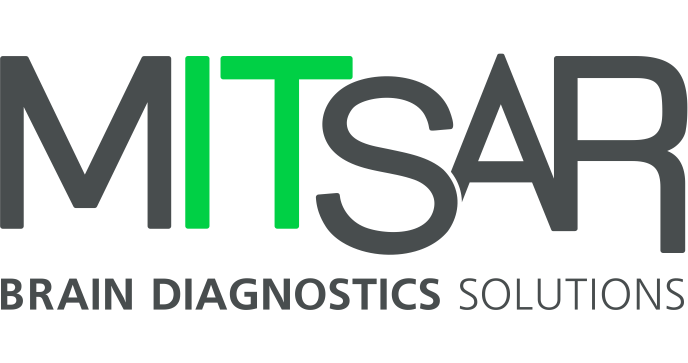2nd FREE Webinar: Brain mapping in ADHD subtypes identification. How we can use this information.
You are welcome to join MITSAR x iBrain 2nd FREE webinar with Olga Kara, PhD. Date: 09 of November 2021Time: 18.00 (Moscow time | UTC+03:00) Lecturer: Olga Kara, PhDFacebook: https://fb.me/e/2ALMRBhsQ Attention Deficit Hyperactivity Disorder (ADHD) is a big social problem as a lot of children have it. The origin of ADHD is genetic mechanisms, organic brain damage, and psychosocial factors. Children and adolescents suffering from ADHD are characterized by restlessness, distraction, hyperactivity, impulsivity, poor school performance, fatigue. These symptoms may be [...]
